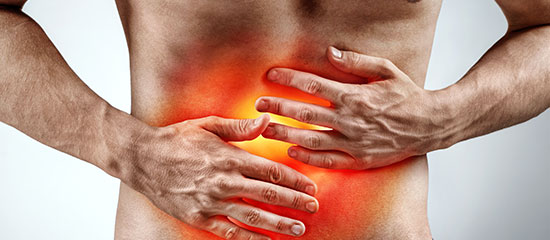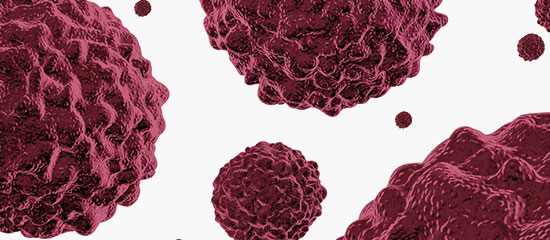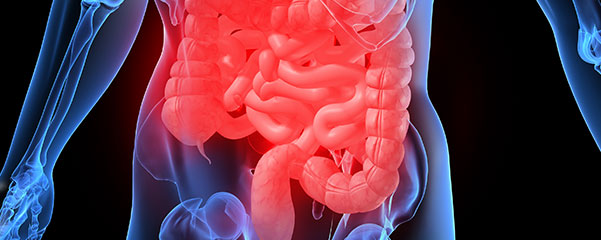internal medicine
Internal Medicine Clinic

01
Big impact on everyday life,
irritable bowel syndrome
Irritable bowel syndrome is the disease that causes many symptoms by the intestine moving too quickly or too slowly. It is caused by dysfunction of intestine without any specific diseases, and easily recurred even after cured. It is very annoying disease that has a big impact on everyday life.
-

Symptoms There is stomach pain or cramps until defecation There is feeling like the bowel is not fully emptied The lower belly may feel uncomfortably full The pain or displeasure in the lower belly lasts long Severe pain attacks due to fast intestinal movement
-

Cause of aggravation Greasy foods, caffeine, alcohol, stress
-

Diagnosis Precise diagnosis through blood test,
stool test, colorectal endoscopy,
colonography -

Treatment In order to relieve irritable bowel syndrome, It is helpful; avoid foods that trigger Irritable bowel syndrome eat high-fiber and less fatty foods relieve stress frequently and take proper medication
02
Inflammatory bowel disease,
ulcerative colitis
Ulcerative colitis is inflammatory bowel disease whose cause is not clear and which is hard to cure. Ulcerative colitis mostly develops in young generation, especially those in 20s. Once it develops, it doesn't cure well. In the most cases, symptoms are just worsened and improved repeatedly.

-

Symptoms Frequent diarrhea contained bood, mucus (from several to tens a day) is a feature
Weight loss, loss of appetite, and anemia also appear -

Cause of aggravation If ulcerative colitis has developed, it is good to avoid too salty or too spicy foods.
It is better not to have caffeine beverages including coffee becasue they disturb the bowel movement.
Also, those who have diarrhea after drinking milk is better to avoid drinking it. -

Management If ulcerative colitis lasts more that 10 years, it leads to cancer.
Therefore, it must bs observed through endoscoly and biopsy whether is turn into cancer
in order to detect cancer at early stages.
03
Imflammatory disease at end part of small intestine, Crohn's disease
Crohn's disease is a type of inflammatory disease which mostly develops at the end part of the small intestine. It may develop in any age ranges or genders, it is more common in those aged between 16 to 40. Some of those cases(about 20%) has family history, so there are cases this disease develops in siblings, parents, or children together. The exact cause of this disease is unknown and the treatment is focused on relieving symptoms.

04
Lump in large intestine, colon polyp
Small sized early colon cancer or adenoma looks a wart-like lump, and a small lump that forms in the intestinal track is called a polyp. Polyps easily develop in the digestive organs especially in the large intestine.
-

Symptoms Colon polyps often cause no symptom in most of patients.
-

Cause of aggravation It is recommended to remove all polyps found during endoscopy if possible.
because it is difficult to tell whether they are malignant or benign.
05
Malignant tumor in large intestine,
colorectal cancer
The exact cause of colorectal cancer is unclear so far, however, it is known that colorectal cancer is caused by a combination of genetic and environmental factors. Colorectal cancer can be prevented in part by avoiding or removing related risk factors.

-

Diagnosis Conlsultation, colon study, colorectal endoscopy, biopy including digital-rectal examination
-

Treatments After evaluating cancer's progression by CT(Computerized Tomography) and MRI(Magnetic Resonance Imaging), the treatment method is decided.



